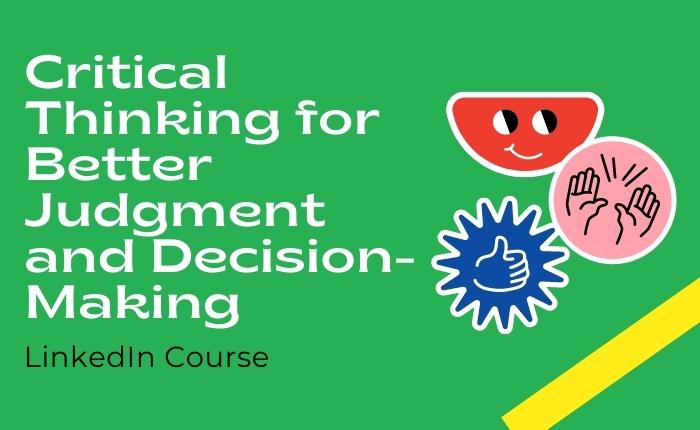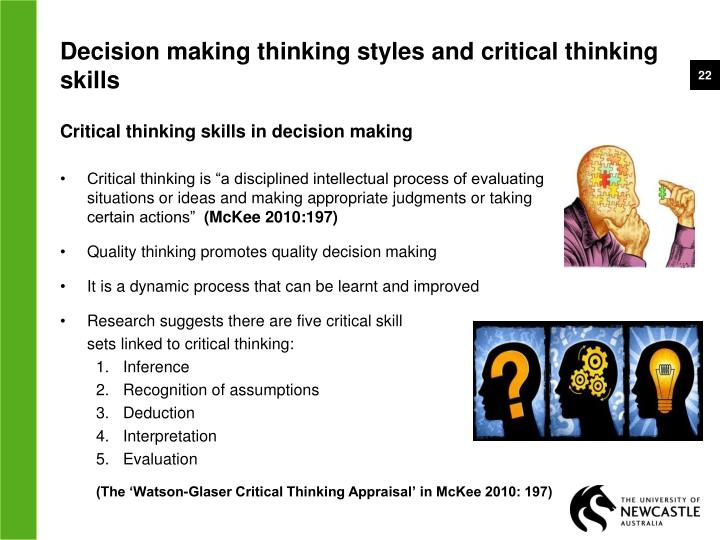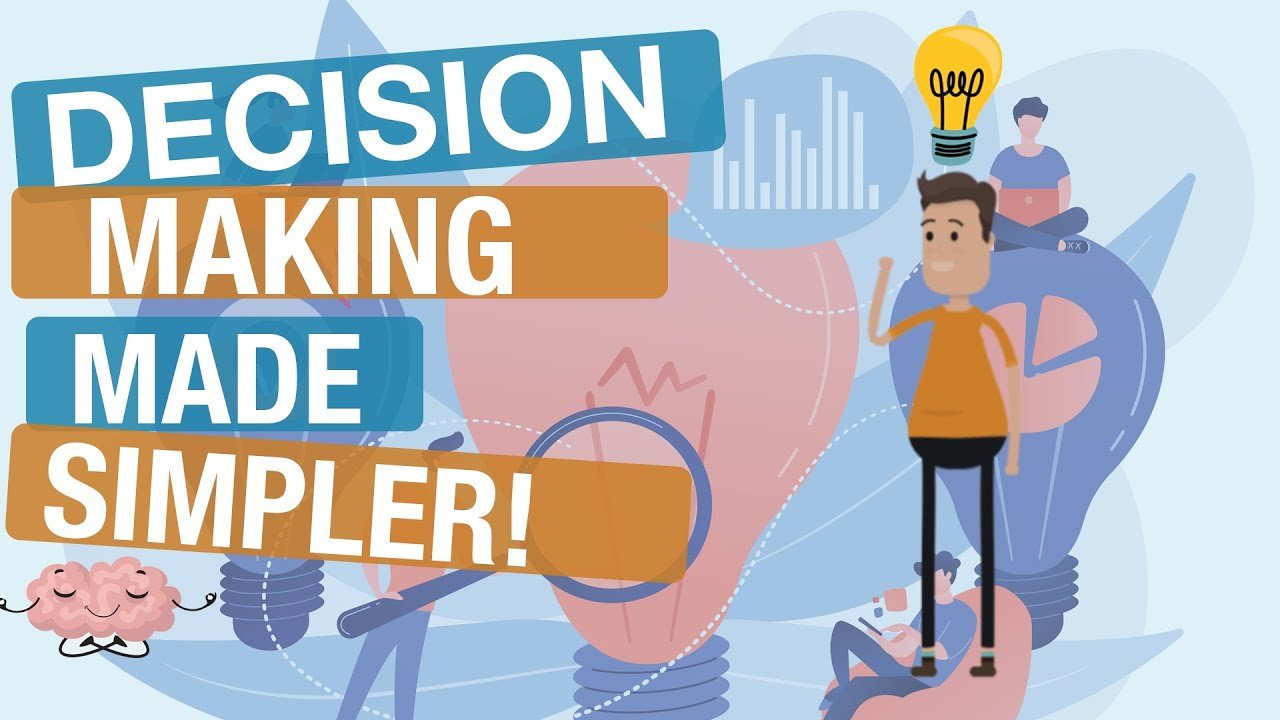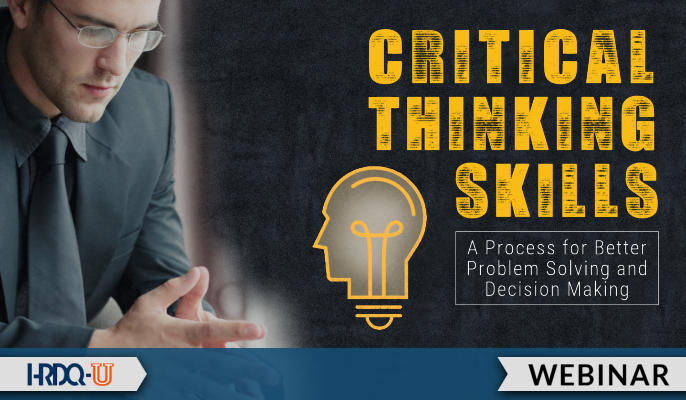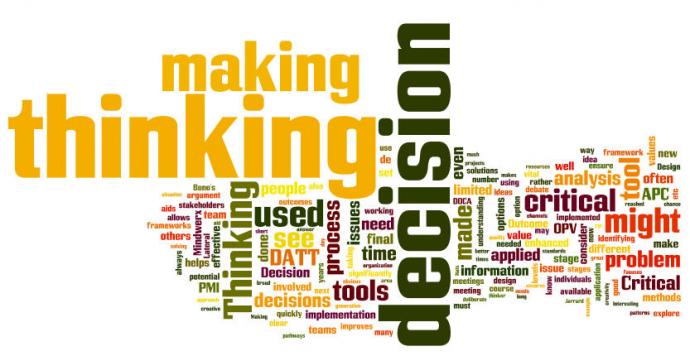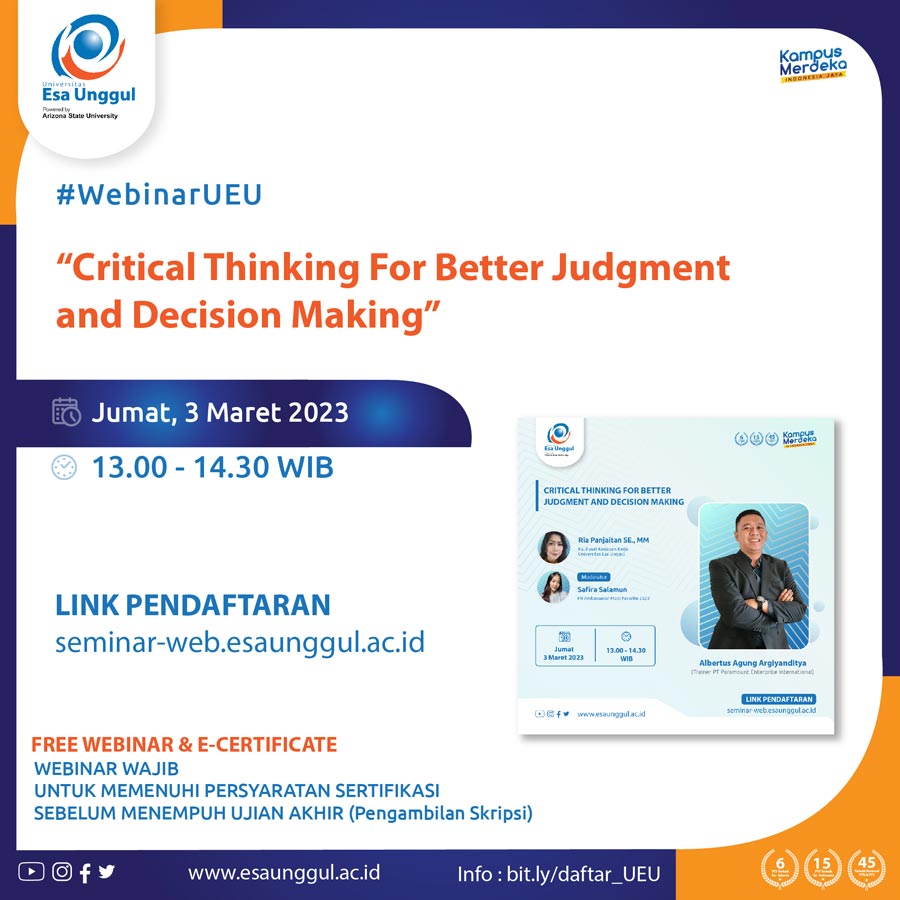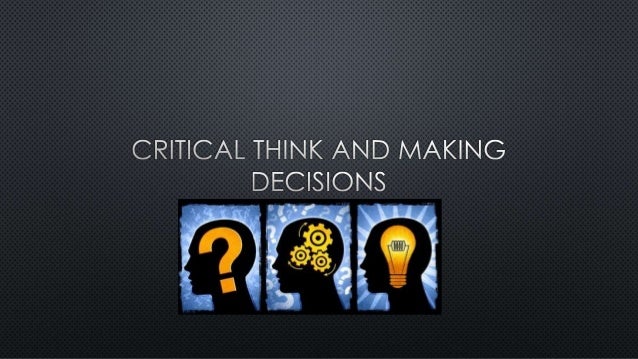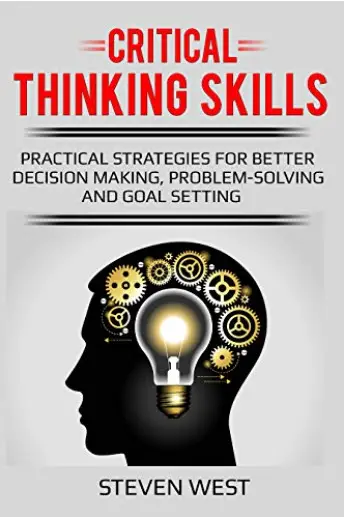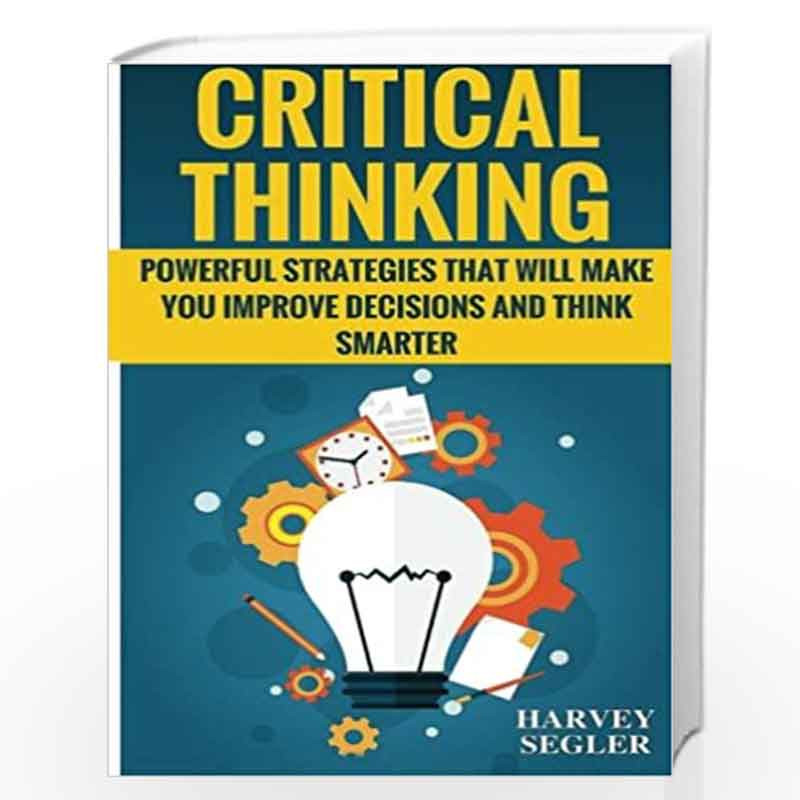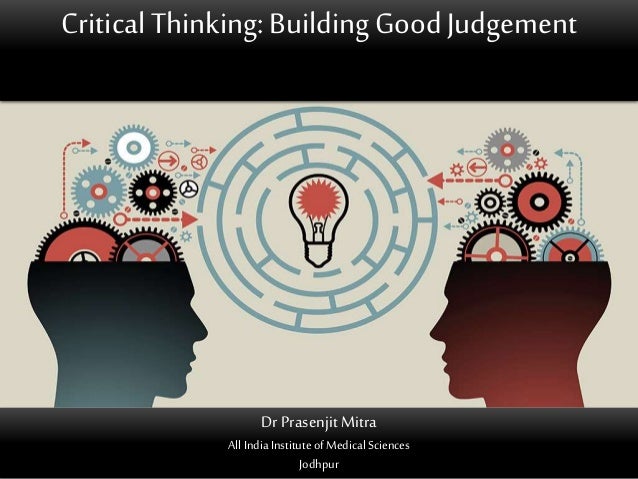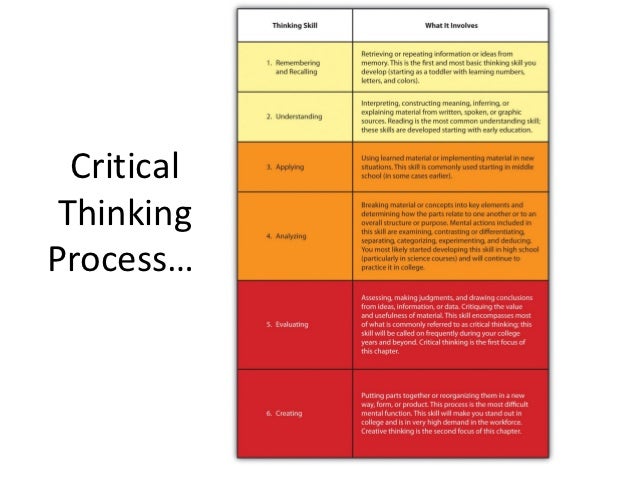Critical Thinking For Better Judgment And Decision-making

In a world saturated with information and bombarded with complex choices, the ability to think critically has never been more crucial. From navigating personal finances to making informed decisions about healthcare and engaging in civic discourse, the quality of our lives hinges on our capacity to analyze information effectively. The consequences of poor judgment, fueled by flawed thinking, can be devastating, affecting individuals, organizations, and even entire societies.
At its core, critical thinking is a disciplined process of actively and skillfully conceptualizing, applying, analyzing, synthesizing, and evaluating information to reach an answer or conclusion. This isn't just about accumulating knowledge; it’s about understanding *how* to process and utilize information to form sound judgments and make well-informed decisions. By mastering critical thinking skills, individuals can move beyond surface-level understanding and delve into the underlying assumptions, biases, and logical fallacies that can cloud our thinking.
The Building Blocks of Critical Thinking
Several key components contribute to effective critical thinking. One crucial element is analysis, the ability to break down complex information into smaller, manageable parts to understand their relationships and implications. This includes identifying the main arguments, supporting evidence, and underlying assumptions within a given text or situation.
Another vital aspect is evaluation, which involves assessing the credibility and relevance of information. This requires questioning the source of the information, considering potential biases, and comparing different perspectives to arrive at a balanced understanding. The American Psychological Association highlights that evaluating sources is an important part of critical thinking.
Furthermore, inference plays a key role, enabling us to draw logical conclusions based on available evidence. This involves identifying patterns, making predictions, and considering alternative explanations. Strong inferential skills help us avoid jumping to conclusions and making assumptions based on incomplete or unreliable information.
Cultivating Critical Thinking Skills
Critical thinking isn't an innate ability; it's a skill that can be developed and honed through conscious effort and practice. Education plays a vital role in fostering critical thinking skills. Curricula that emphasize problem-solving, research, and debate can help students develop the intellectual tools they need to analyze information effectively and form their own judgments.
Beyond formal education, there are many practical strategies individuals can employ to enhance their critical thinking abilities. Actively seeking out diverse perspectives and challenging your own assumptions is a great first step. Engaging in intellectual debates with others, even those with opposing viewpoints, can sharpen your analytical skills and broaden your understanding of complex issues.
Practicing mindfulness and self-reflection can also contribute to better critical thinking. Taking time to examine your own thought processes, biases, and emotional reactions can help you identify potential sources of error and make more objective judgments. "The goal," notes Dr. Linda Elder, President of the Foundation for Critical Thinking, "is to become a more self-aware and reflective thinker."
Critical Thinking in the Real World
The benefits of critical thinking extend far beyond the classroom. In the workplace, critical thinking skills are highly valued by employers, who seek individuals who can solve problems creatively, make sound decisions, and adapt to changing circumstances. Employees who can think critically are better equipped to analyze data, identify potential risks, and develop innovative solutions.
In the realm of personal finance, critical thinking can help individuals make informed decisions about investments, budgeting, and debt management. By carefully evaluating financial information and considering different options, individuals can avoid costly mistakes and secure their financial future.
"Sound financial decisions require rigorous analysis and a skeptical mindset," says financial advisor, Jane Doe.
Moreover, in an era of misinformation and fake news, critical thinking is essential for navigating the digital landscape. Individuals who can critically evaluate online sources and distinguish between credible and unreliable information are less likely to fall prey to scams, conspiracy theories, and harmful ideologies. This is extremely crucial, given the ease with which false information can spread in the age of social media.
The Future of Critical Thinking
As technology continues to advance and the volume of information grows exponentially, the importance of critical thinking will only increase. The ability to analyze information, solve problems, and make sound judgments will be essential for navigating the complexities of the 21st century. Educational institutions, businesses, and individuals must prioritize the development of critical thinking skills to ensure a future where decisions are based on reason, evidence, and sound judgment.
Investing in critical thinking is an investment in a more informed, resilient, and prosperous society. By equipping individuals with the tools they need to think critically, we can empower them to make better choices, solve complex problems, and contribute to a more just and equitable world. It's a skill that empowers us to be better citizens, better professionals, and ultimately, better human beings.
